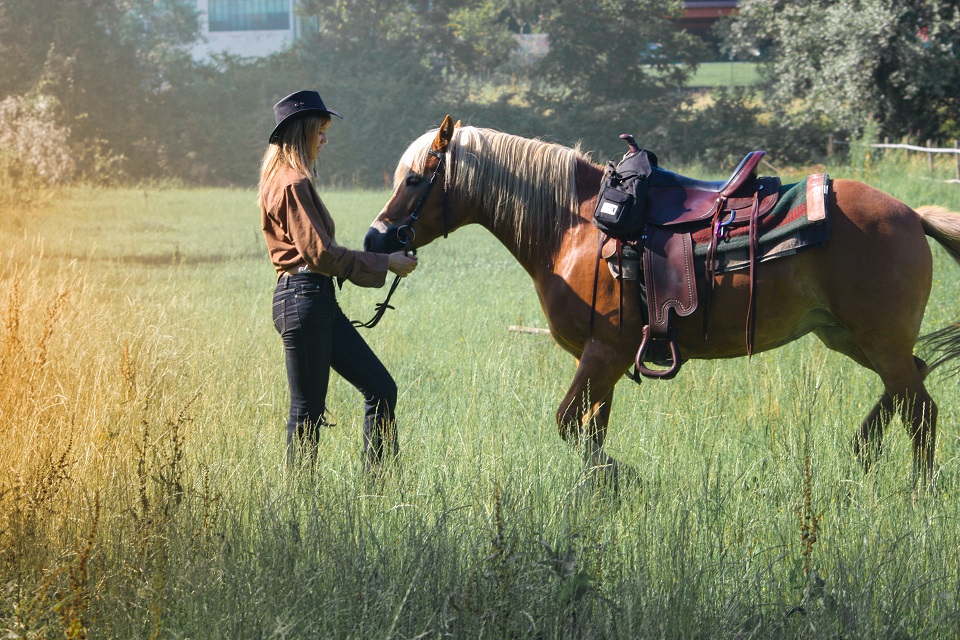Whether you breed, sell, or board horses on your property or manage a horse facility as a business venture, creating emergency plans for caring for large animals during natural disasters is vital. These plans can mitigate damage and protect your financial investments.
Develop a plan based on the types of disasters you are most likely to face. Also, ensure your trailers and vehicles are safe to operate.
Liability
Horses are powerful animals that can injure people and other horses, especially if spooked. In addition, fence lines can become tangled in downed trees, resulting in injury.
Whether on your property or at a horse show, liability for bodily injury and damage caused by horses in your care can result in expensive litigation. A horse ranch insurance policy can protect against such claims.
This coverage typically isn’t included in standard homeowner or farm owner policies because they exclude equine activities. Instead, horse ranch insurance provides a commercial general liability policy that covers boarding and riding activities and the buildings and indoor areas used for them. It also can include a business interruption policy that pays out if the business cannot continue due to loss of equipment and lost revenue. Veterinary fees and legal defense are also covered. It is crucial since vet fees can add up quickly. Ensure you have the right cover and check precisely what is included, when the vets’ fees stop covering illness, and if there is a flat or percentage excess.
Evacuation
Many natural disasters can quickly change the situation on a farm and ranch, making early and efficient evacuation critical. Horse owners must be familiar with their unique disaster risk and the local authorities’ protocols regarding evacuation.
Evacuation plans should be written and accessible to all staff, including horses. Practice trailer loading with horses on non-emergency occasions so that it is quick and easy in an emergency to get them loaded, even in the dark. It is also a good idea to have emergency care kits at home and away, along with core vaccines for the most common diseases that may affect animals when displaced by a disaster.
Other preventative steps that should be taken include keeping vehicles ready to go (trailer inspections, gas, tire pressure) and identifying locations nearby where horses can shelter in the short term, such as friends and family members’ homes or fairgrounds. Essential documentation such as pictures, Coggins test paperwork, and microchip ID should be prepared for each animal in case they need to be moved across state lines or reclaimed after a disaster.
Damage
During and following natural disasters, the farm industry experiences damage to barns, fencing, feed supplies, and pastures. This damage can also lead to the loss of income if the farm cannot generate revenue from the damaged animals. Business interruption insurance can help cover lost boarding and training income.
In addition, the damage from a flood or tornado can leave behind hazardous materials that could threaten human and animal health. Farmers and ranchers trained to handle these materials can safely dispose of them. However, those needing training may have to rely on others to help.
In addition to business loss, horse owners should consider obtaining an equine insurance policy that covers the cost of vets’ fees, major medical expenses, and loss of use. A qualified independent insurance agent can assess your needs and find the best policy to protect your investment.
Loss Of Income
Most economic losses caused by natural disasters are due to damage to physical assets that generate income. These assets include levees, roads, bridges, homes, factories, and farmland. The most important economic effects of a disaster are those that follow directly from such destruction: market effects (loss of income) and non-market effects (such as reduced leisure time and increased stress). The loss of income is much more significant for poor rural livelihoods, where even a tiny loss might feed into poverty and vulnerability.
Just like those who work with poultry or fish probably have some insurance protection, horse ranch owners should also consider taking steps to safeguard their investments. While a general liability policy likely excludes coverage for horses under the insured’s care, custody, or control, particular policies are available for this type of risk. These policies typically cover the lesser cost to repair or replace tack and other equipment or the replacement value minus depreciation.







No Comments